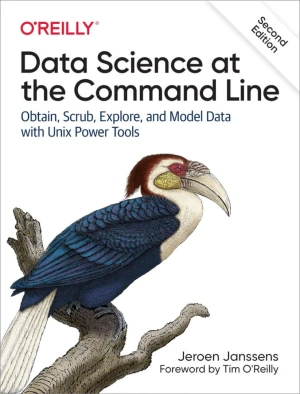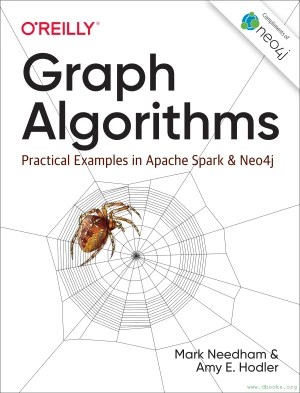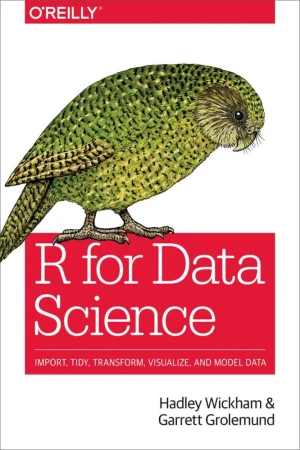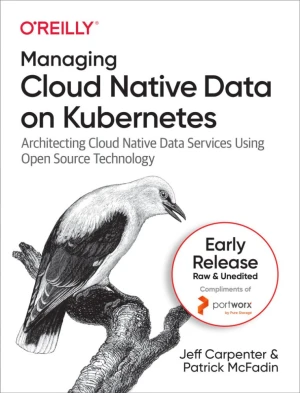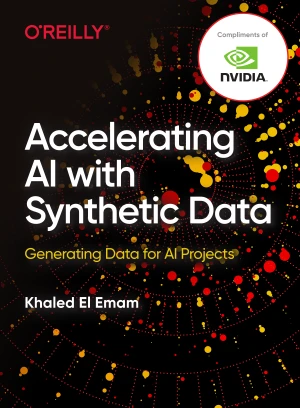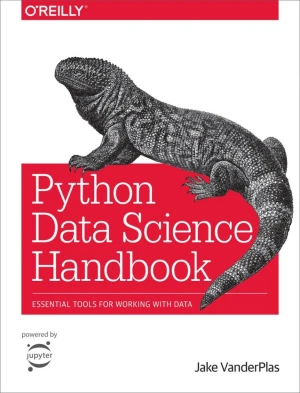Mining Social Media
Finding Stories in Internet Data
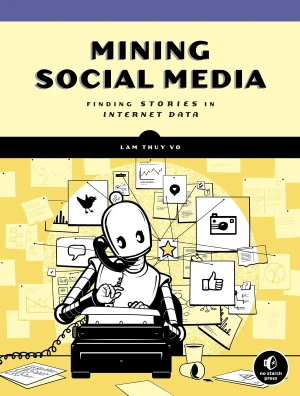
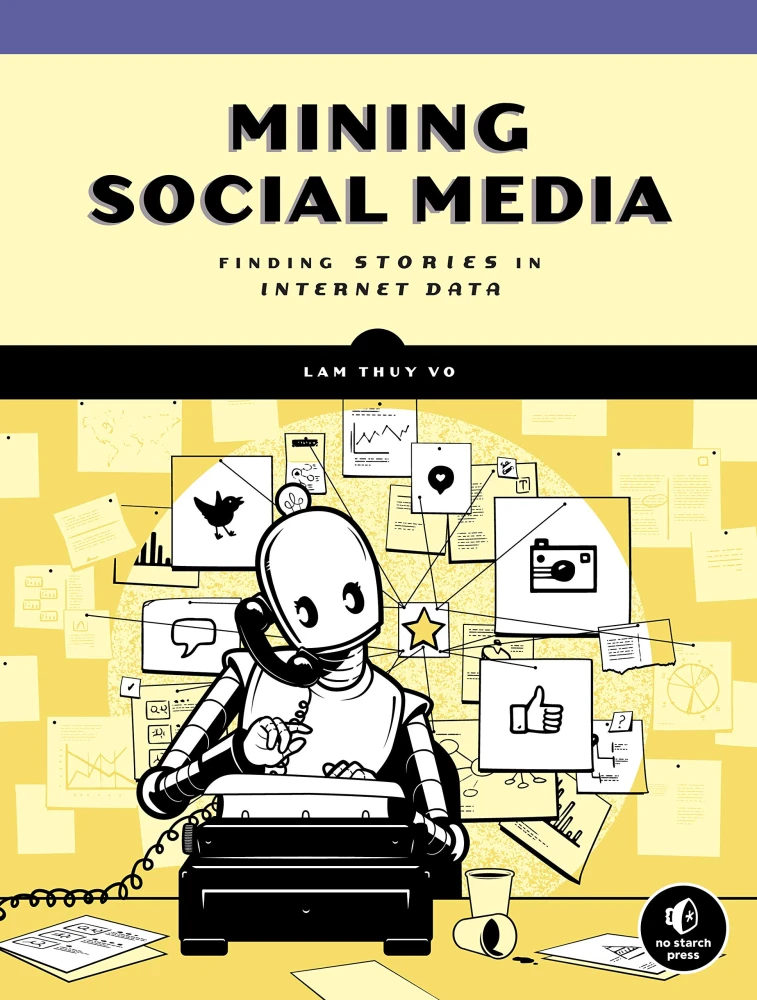
Book Details
| Author | Lam Thuy Vo |
| Publisher | No Starch Press |
| Published | 2019 |
| Edition | 1st |
| Paperback | 208 pages |
| Language | English |
| ISBN-13 | 9781593279165 |
| ISBN-10 | 1593279167 |
| License | Open Access |
Book Description
Did fake Twitter accounts help sway a presidential election? What can Facebook and Reddit archives tell us about human behavior? In Mining Social Media, senior BuzzFeed reporter Lam Thuy Vo shows you how to use Python and key data analysis tools to find the stories buried in social media.
Whether you're a professional journalist, an academic researcher, or a citizen investigator, you'll learn how to use technical tools to collect and analyze data from social media sources to build compelling, data-driven stories.
Learn how to:
- Write Python scripts and use APIs to gather data from the social web;
- Download data archives and dig through them for insights;
- Inspect HTML downloaded from websites for useful content;
- Format, aggregate, sort, and filter your collected data using Google Sheets;
- Create data visualizations to illustrate your discoveries;
- Perform advanced data analysis using Python, Jupyter Notebooks, and the pandas library;
- Apply what you've learned to research topics on your own;
Social media is filled with thousands of hidden stories just waiting to be told. Learn to use the data-sleuthing tools that professionals use to write your own data-driven stories.
This book is published as open-access, which means it is freely available to read, download, and share without restrictions.
If you enjoyed the book and would like to support the author, you can purchase a printed copy (hardcover or paperback) from official retailers.
Download and Read Links
Share this Book
[localhost]# find . -name "*Similar_Books*"
Data Science at the Command Line, 2nd Edition
This thoroughly revised guide demonstrates how the flexibility of the command line can help you become a more efficient and productive data scientist. You'll learn how to combine small yet powerful command-line tools to quickly obtain, scrub, explore, and model your data. To get you started, author Jeroen Janssens provides a Docker image packed wit
Graph Algorithms
Learn how graph algorithms can help you leverage relationships within your data to develop intelligent solutions and enhance your machine learning models. With this practical guide, developers and data scientists will discover how graph analytics deliver value, whether they're used for building dynamic network models or forecasting real-world behav
R for Data Science
Learn how to use R to turn raw data into insight, knowledge, and understanding. This book introduces you to R, RStudio, and the tidyverse, a collection of R packages designed to work together to make data science fast, fluent, and fun. Suitable for readers with no previous programming experience, R for Data Science is designed to get you doing data
Managing Cloud Native Data on Kubernetes
Is Kubernetes ready for stateful workloads? This open source system has become the primary platform for deploying and managing cloud native applications. But because it was originally designed for stateless workloads, working with data on Kubernetes has been challenging. If you want to avoid the inefficiencies and duplicative costs of having separa
Accelerating AI with Synthetic Data
Recently, data scientists have found effective methods to generate high-quality synthetic data. That's good news for companies seeking large amounts of data to train and build artificial intelligence and machine learning models. This report provides an overview of synthetic data generation that not only focuses on business value and use cases but a
Python Data Science Handbook
For many researchers, Python is a first-class tool mainly because of its libraries for storing, manipulating, and gaining insight from data. Several resources exist for individual pieces of this data science stack, but only with the Python Data Science Handbook do you get them all - IPython, NumPy, Pandas, Matplotlib, Scikit-Learn, and other relate

